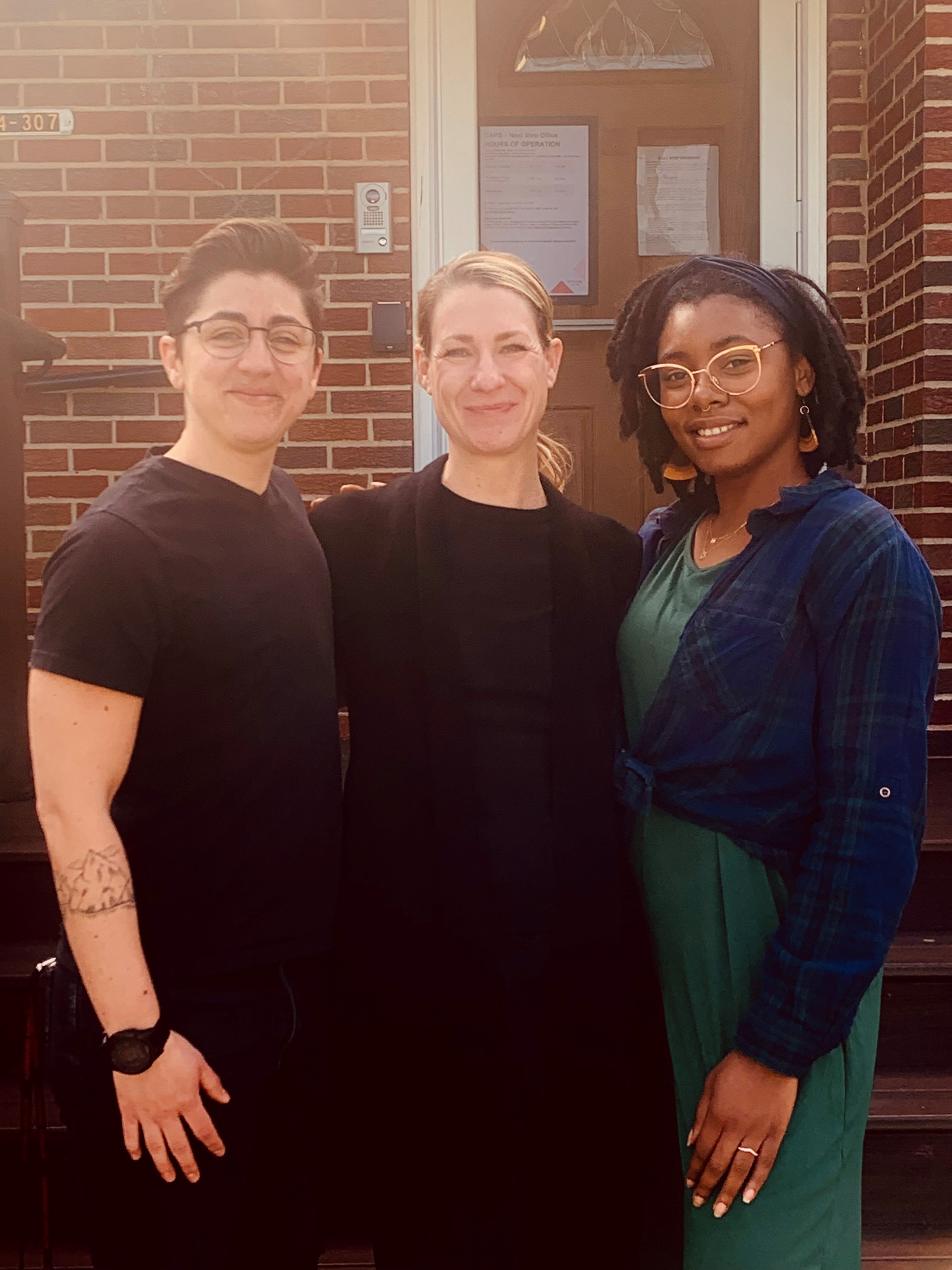You have /5 articles left.
Sign up for a free account or log in.

Rutgers University CAPS Next Step counseling provides weekly group therapy sessions for students who need a higher level of care.
Fly View Productions/E+/Getty Images
Despite the changing demographics of higher education and the difficult landscape of emerging adulthood, mental health services haven’t evolved with the times.
“We’re seeing students with significantly more complex and acute needs, and the counseling center hasn’t changed too much,” Rutgers University doctoral student Zan Haggerty explains. “There’s a mismatch in the need that’s present and what counseling centers can do.”
Many counseling centers operate on a short-term, goal-focused treatment plan or create session caps, which doesn’t address more complicated mental health issues like suicidality, chronic mood problems, depression or anxiety.
Instead of outsourcing those patients or asking them to withdraw, at Rutgers, they can get referred to Next Step.
What it is: In 2019, Rutgers created CAPS Next Step as a six-week program, modeled after traditional, insurance-based programs for intensive outpatients.
“This program was designed to do what we call ‘treating in place,’” says Haggerty, who serves as the leader and assistant director of the Next Step Program. “If possible, instead of referring out, we refer in and they come to us.”
Students attend four groups per week: two are standardized throughout the program and the others students opt in to, either from Next Step offerings or the main counseling center.
The required groups are a process group and a dialectical behavior therapy skills group, which run for 90 minutes each session. The electives range in topics from yoga, self-compassion and trauma healing to a study space group. These groups last between an hour and an hour and a half, and all run for the duration of the semester.
Students enter on a rolling basis with their referrals, with as many as 30 participating at one time.
“What we’ve noticed now, especially post-pandemic, is that students tend to be with us for at least half a semester, if not a full semester,” Haggerty adds, depending on level of need.
The program is staffed by Haggerty and two full-time clinicians, with help from the university’s violence prevention and victim assistance unit and the occasional intern.

Zan Haggerty
What’s different: While operating like an outpatient program, Next Step removes barriers to access for students who need care.
The facility is near campus, eliminating the need for personal transportation. The group schedules align with the academic calendar and students’ schedules, while case management services connect directly to the institution.
Next Step doesn’t bill for its services, either, allowing students to receive treatment on a medical necessity basis as opposed to managed care, Haggerty says. All costs for students are covered by Rutgers’ Student Health Insurance.
To Withdraw or Not Withdraw?
As the student mental health crisis grows, students and institutions are grappling with the proper treatment options for students needing a higher level of care.
Yale came under fire in December for having a difficult re-enrollment policy for students who withdraw to address mental health concerns.
Research from Pennsylvania State University’s Center for Collegiate Mental Health found students who had received past mental health treatments withdrew at a higher rate compared to their peers, and those who self-reported areas of distress like social anxiety and depression were at an increased risk of withdrawal.
“That really allows us to uniquely cater what we do to each individual student, while still having some general program frameworks in place,” Haggerty says.
The program benefits the institution, as students stay enrolled and don’t fall behind in their degree progression, and it also allows for personalized, free mental health services for students who might otherwise be unsupported.
The impact: The program has received 488 referrals since it began five years ago, and program staff receive testimonials from students explaining that they would not have graduated without Next Step’s help.
Prior to the launch of Next Step, between 300 and 400 students at Rutgers were referred from the counseling center to a higher level of care each year, but fewer than half received treatment, either due to prohibitive costs or a lack of systemic supports, Haggerty says.
“Our goal here at Next Step is to build a community of wellness, and that is tied directly into [students’] ability to succeed academically,” they say. “They have goals beyond Rutgers, and so we’re really working with them to get far past this. We want this to be sort of this funny story that they tell they had, as opposed to the main thing that happens for them.”
If your student success program has a unique feature or twist that you believe is worth modeling, we’d like to know about it. Click here to submit.








